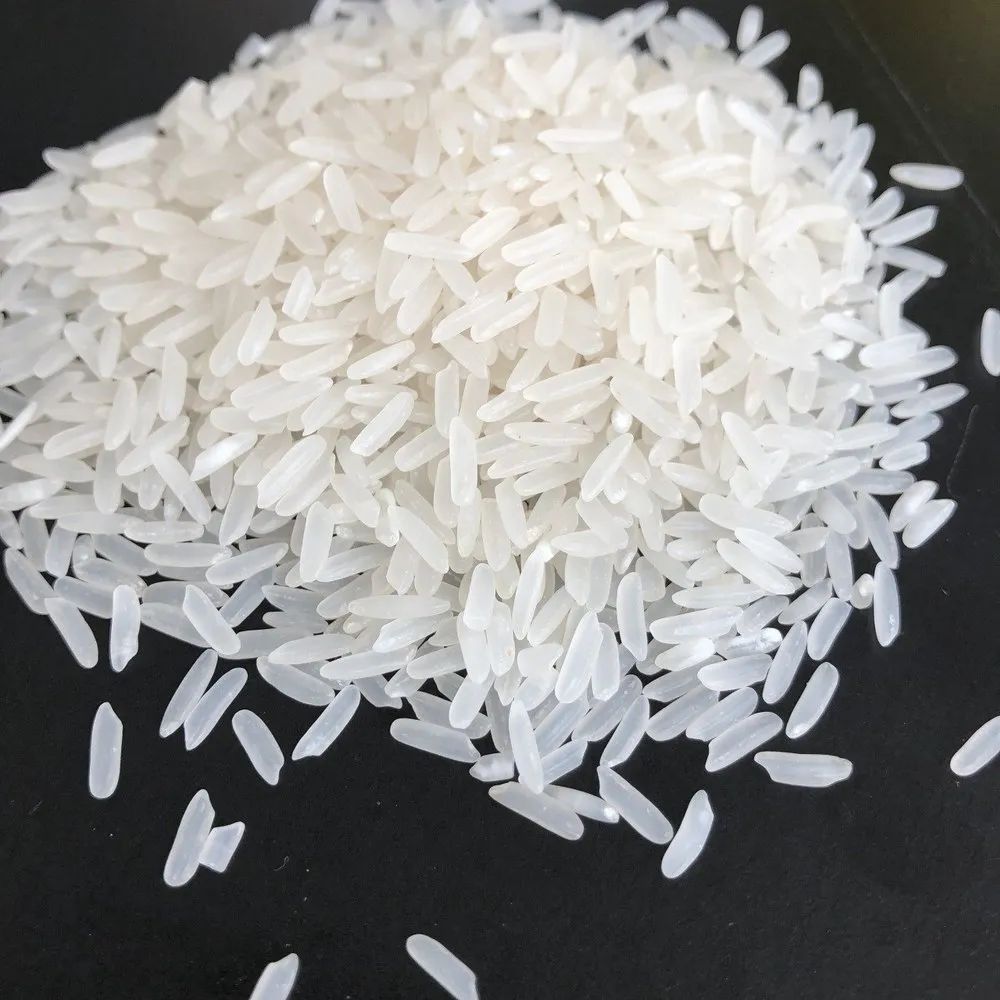Global rice prices have dropped following India's recent decision to allow exports of non-basmati white rice, which had been banned since July 2023. This move is expected to boost global supply and provide relief to buyers in Asia and Africa seeking more affordable rice options.
With a minimum export price set at $490 per ton, India, the world's largest rice exporter, aims to stabilize its market share after previously imposing restrictions that allowed competitors like Vietnam and Thailand to increase their prices and market presence. The easing of these export controls is likely to reshape the dynamics of the global rice market significantly.
Citations:
[1] https://www.cnbcafrica.com/2024/global-rice-prices-drop-after-india-allows-white-rice-exports/
[2] https://economictimes.indiatimes.com/news/economy/foreign-trade/india-allows-non-basmati-rice-exports-with-minimum-export-cap-of-490-per-tonne/articleshow/113767494.cms
[3] https://www.aljazeera.com/news/2024/10/2/rice-battle-heats-up-as-india-pakistan-lift-export-curbs
[4] https://www.financialexpress.com/world-news/iran-israel-war-threatens-global-shipping-routes-whats-next-for-indian-trade/3628495/
[5] https://www.ndtvprofit.com/business/timeline-of-middle-east-and-west-asia-conflicts-and-impact-on-indias-trade
[6] https://www.eurasian-research.org/publication/trade-in-agricultural-products-between-kazakhstan-and-russia/
[7] https://www.pwc.com/ng/en/assets/pdf/unlocking-ngr-agric-export.pdf
[8] https://ustr.gov/sites/default/files/files/reports/2021/2021NTE.pdf

